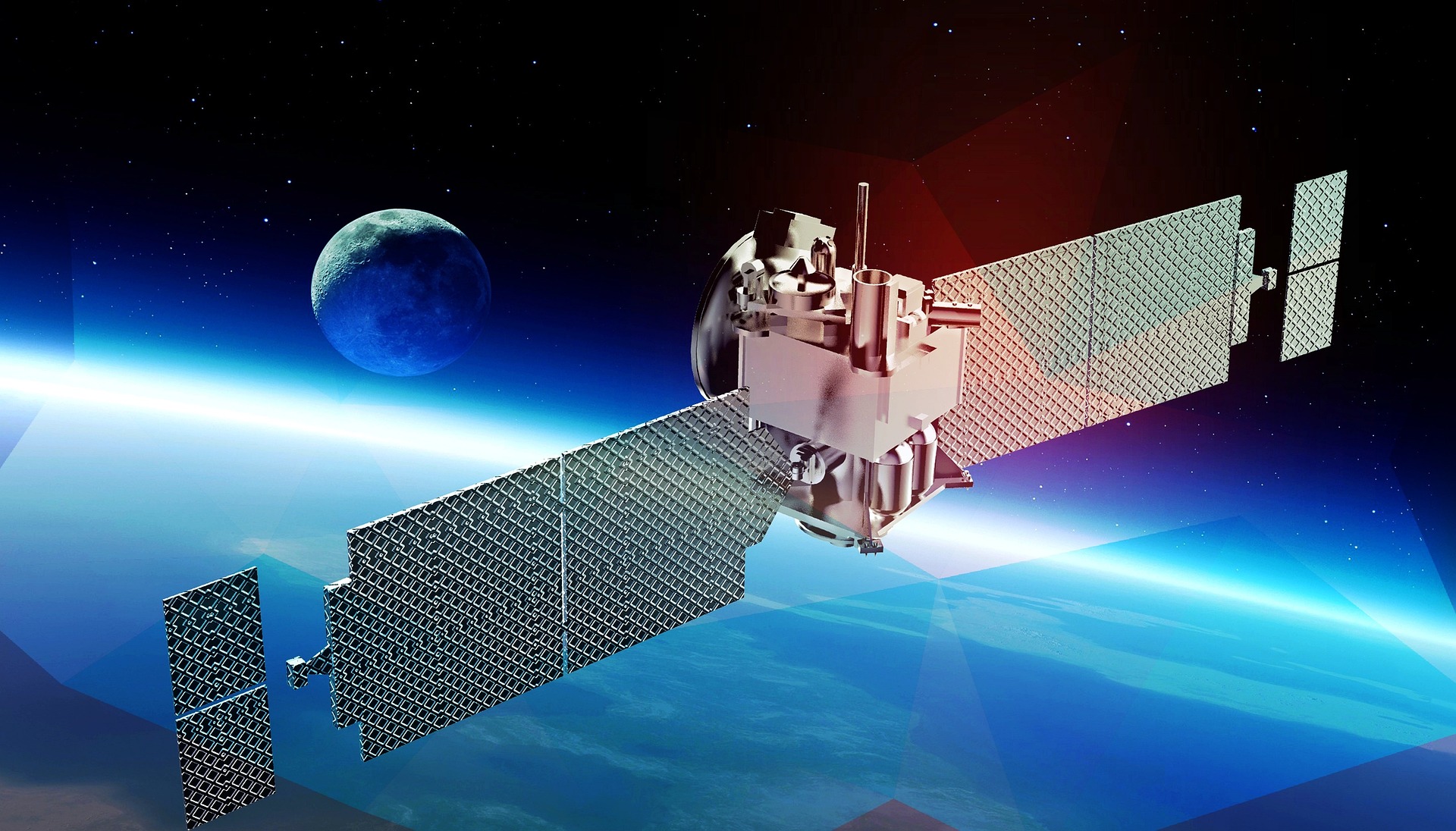Legal Challenges in Space Tourism: A New Frontier
Introduction: As commercial space travel becomes a reality, a complex web of legal questions emerges. From liability issues to property rights in outer space, the legal landscape of space tourism is as vast and uncharted as the cosmos itself. This article explores the intricate legal challenges facing the burgeoning space tourism industry.
Existing Space Law: A Brief Overview
The foundation of current space law rests on international treaties developed during the Space Race era. The most significant of these is the Outer Space Treaty of 1967, which established principles for the peaceful use of outer space and prohibited claims of sovereignty. However, these treaties were crafted in a time when space exploration was solely a government endeavor. The rise of private space companies has exposed gaps in this legal framework, particularly concerning commercial activities and individual rights in space.
Liability in the Final Frontier
One of the most pressing legal issues in space tourism is that of liability. Who is responsible if something goes wrong during a commercial space flight? The Warsaw Convention and Montreal Convention, which govern liability in international air travel, do not extend to outer space. This leaves a significant legal vacuum. Some countries, like the United States, have implemented national legislation to address this issue. The U.S. Commercial Space Launch Act provides a framework for liability and indemnification, but its application to international space tourism remains untested.
Property Rights Beyond Earth
As space tourism evolves, questions of property rights in outer space become increasingly relevant. The Outer Space Treaty prohibits national appropriation of celestial bodies, but it doesn’t explicitly address private ownership. This ambiguity has led to debates over the legality of commercial activities such as mining asteroids or establishing permanent settlements on other planets. The development of a clear legal regime for property rights in space is crucial for the long-term sustainability of space tourism and related industries.
Environmental Concerns and Space Debris
The environmental impact of increased space traffic is another area of legal concern. As more rockets launch into space, the problem of space debris becomes more acute. Currently, there are no binding international laws governing the mitigation of space debris. The development of such regulations is essential to ensure the safety of space tourists and to preserve the space environment for future generations. Legal frameworks must address issues such as the responsibility for cleaning up space debris and the implementation of sustainable space practices.
Jurisdictional Challenges in Orbit
Determining jurisdiction in space presents unique legal challenges. Whose laws apply when a space tourist is orbiting the Earth? The principle of “launching state” responsibility, established by the Outer Space Treaty, becomes complicated when multiple countries are involved in a commercial space venture. Furthermore, as space stations and lunar bases become a reality, questions arise about which legal system should govern these extraterrestrial habitats.
The Need for International Cooperation
As the space tourism industry grows, international cooperation in developing a comprehensive legal framework becomes increasingly crucial. While some countries have begun to implement national space laws, a cohesive international approach is necessary to address the global nature of space activities. Organizations like the United Nations Office for Outer Space Affairs play a vital role in facilitating discussions and developing guidelines, but binding international agreements are needed to ensure consistent regulation of space tourism activities.
Charting a Legal Course for the Stars
The legal challenges posed by space tourism are as vast and complex as space itself. As we stand on the brink of a new era in human space exploration, the development of a robust and flexible legal framework is essential. This framework must balance the interests of private companies, individual rights, environmental concerns, and international cooperation. By addressing these legal challenges proactively, we can ensure that the final frontier remains open for peaceful exploration and commercial development, while protecting the rights and safety of all involved. The journey to establish a comprehensive legal regime for space tourism will be long and challenging, but it is a necessary step in our continued exploration of the cosmos.







